Watching a talk show on TV two days ago, a certain authority said that ChinacarThere are more than 300 million vehicles in possession. There is also a certain media talking about domestic brands. Some people call pure hybrid vehicles as new energy vehicles. As for the popular concepts of electric vehicles and traditional fuel vehicles, they are also confused by many people.
As a media person who has been engaged in automobile news reports for decades, I think it is necessary to do some popular science work on some basic concepts and basic knowledge of automobiles, so as not to prevent some half-bottled media people from using it to be confusing and misleading the people. the masses.
1. China's car ownership is 200 million, 300 million are motor vehicles, of which nearly 100 million are motorcycles.
According to the latest statistics released by the Traffic Management Bureau of the Ministry of Public Security, as of the end of June 2017, the number of motor vehicles nationwide has reached 304 million, of which the number of cars is 205 million, and the number of vehicles in 23 cities exceeds 2 million.
According to the statistics of the Ministry of Public Security, motor vehicles include automobiles and motorcycles. Cars are divided into small passenger cars, trucks, and a small number of large and medium-sized passenger cars, which are commonly known as minibuses and buses.
According to statistics, as of the end of June this year, there were 168 million small passenger vehicles in the country, of which 156 million small passenger vehicles (private cars) were registered in the name of individuals, accounting for 76.32% of the total number of vehicles. As of the end of June, the number of trucks nationwide reached 22.73 million, accounting for 11.087% of the total number of vehicles.
China also has a special national condition, that is, there are eight or nine million four-wheel and three-wheel low-speed trucks. Since January 1, 2017, the state has banned the production and sale of low-speed trucks. In the future, the number of low-speed trucks will continue to decrease until they die out.
2. Domestic cars correspond to imported cars.
Many people call self-owned brand cars domestically produced cars, which confuses the concept.
At present, there are only two types of cars on the market, one is domestic cars and the other is imported cars. According to the internationally accepted rules of origin, as long as a car is produced in China, whether it is produced by a self-owned brand manufacturer or a Sino-foreign joint venture car company, it is a domestic car.
FAW-publicThe Magotan produced by Changan Ford, the Mondeo produced by Changan Ford, and the Accord produced by Guangqi Honda are all domestically produced vehicles.
3. What is a brand?
From a narrow perspective, a brand is a registered trademark, and a trademark registered in which country belongs to a brand in which country, regardless of who owns the property rights of the company that owns the brand.
According to the above standards, Changan, Great Wall, Geely, BYD, Great Wall, and Venus are all independent brands.
In recent years, some people have changed their own brand cars to Chinese brands. This title is at least not rigorous. First of all, the car brand belongs to the enterprise rather than the country, it is only registered in a certain country. Second, in today's economic globalization, the national attributes of brands are becoming more and more diminished. The term “self-owned brand” has been established by convention, and the concept and connotation are very clear, and there is no need to change it. In foreign or international occasions, Chinese brands and foreign brands can be used to show the difference. Third, the goal of many Chinese auto companies is to become international brands, and they are renamed as Chinese brands. The structure is too small.
The so-called joint venture brand, the complete statement should be foreign brand cars produced by the joint venture in China.
5. What is an international brand?
Many years ago, I had an exchange with Cheng Meiwei, Chairman of Ford China. He believed that the Ford brand is not an American brand, but an international brand. The reason is that Ford Motor's R&D globalization, production globalization, market globalization, and talents are also globalization.
The so-called international brand refers to a brand that is well-known in the international market, has a high reputation, and whose products radiate the world. There are three major standards for international brands. One is that they have decades or even hundreds of years of development history, the other is that they can lead the industry's development direction, and the third is that they have the intellectual property rights that support the brand.
BMW,Benz, Audi, Toyota, Honda, and Volvo are all international brands. So far, China has not had a car brand that can be called an international brand.
6. What is a new energy vehicle?
New energy vehicles refer to vehicles that use unconventional vehicle fuels as power sources, have advanced technical principles, and have new technologies and new structures. Including pure electric vehicles, plug-in hybrid electric vehicles, extended-range electric vehicles, and fuel cell vehicles.
The "Energy-saving and New Energy Automobile Industry Development Plan (2012-2020)" issued by the state in June 2012 pointed out that new energy vehicles refer to vehicles that use new power systems and rely solely or mainly on new energy sources. The plan refers to new energy vehicles. Energy vehicles mainly include pure electric vehicles, plug-in hybrid vehicles and fuel cell vehicles.
At present, the new energy vehicles that can enjoy financial subsidies and exempt vehicle purchase tax in China are mainly pure electric vehicles, plug-in hybrid vehicles and extended-range electric vehicles. The models include both passenger cars and commercial vehicles.
Pure hybrid vehicles, such as hybrid Camry, hybrid Accord, hybrid Corolla, hybrid Ralink, hybrid CRV, hybrid ninth-generation Sonata, etc., are all energy-efficient vehicles, not new Energy vehicles.
7. What is a traditional fuel car?
The traditional fuel vehicles in the industry refer to vehicles that rely solely on gasoline and diesel to drive internal combustion engines through combustion.
The so-called vehicle electrification means that all vehicle power has batteries, including pure electric vehicles, plug-in hybrid vehicles and pure hybrid vehicles. Among these three types of vehicles, except for pure electric vehicles, the other two types all use internal combustion engines and both use oil.
At present, the domestic and foreign automotive industries are developing 48V electrical mild hybrid systems. Fuel vehicles equipped with this system can save fuel by 12% to 15%, and it may become standard equipment for fuel vehicles in the future. This fuel vehicle is not a traditional fuel vehicle either.
The International Energy Agency pointed out in a report on October 4 that it is estimated that by 2022, the global popularity of electric vehicles (including plug-in hybrid and extended-range electric vehicles) will increase seven times compared with 2016, reaching 16 million.
According to authoritative statistics, in 2016, the global sales of electric vehicles were 770,000, and the cumulative number of them exceeded 2 million. It is estimated that by 2022, the global sales of electric vehicles will not exceed 5 million, accounting for less than 10% of global car sales. Non-traditional fuel vehicles will still be the main force in the market. (over)



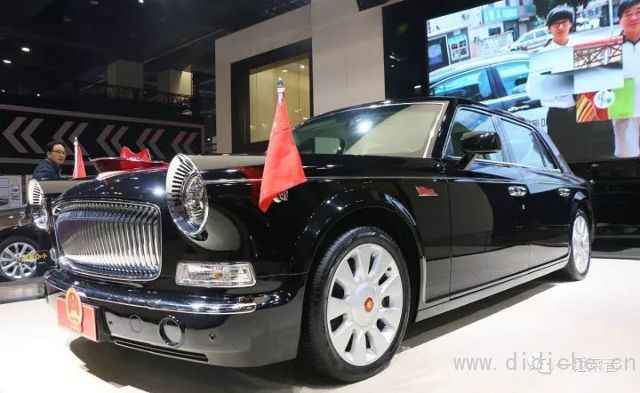
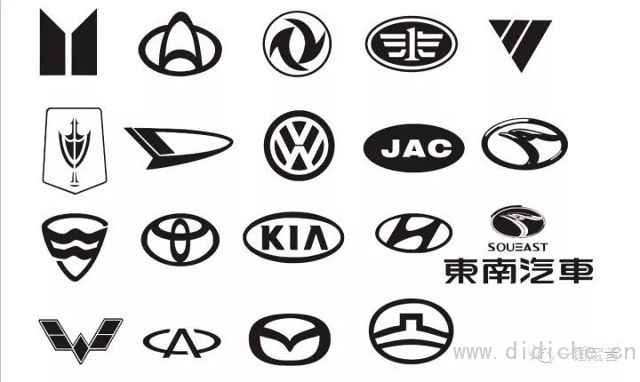
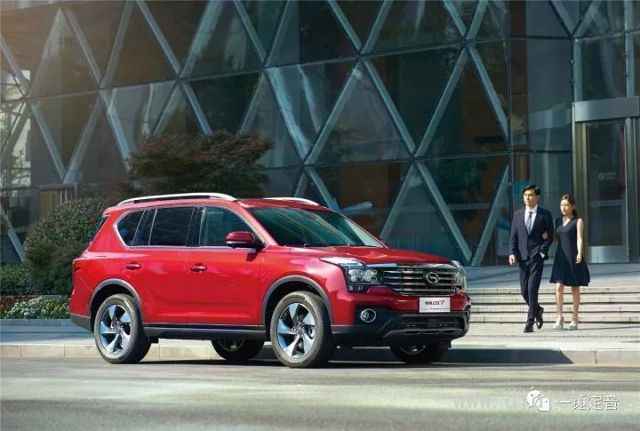
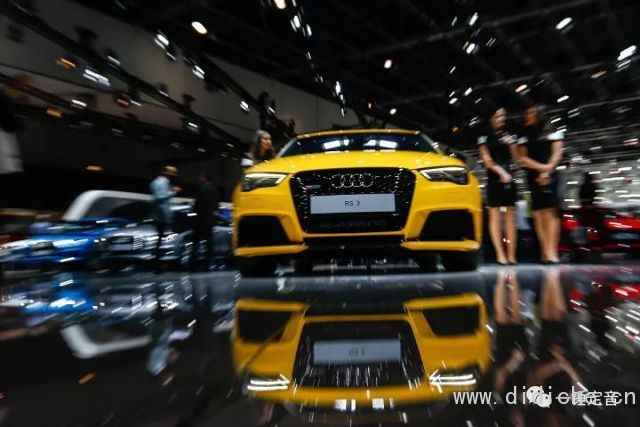

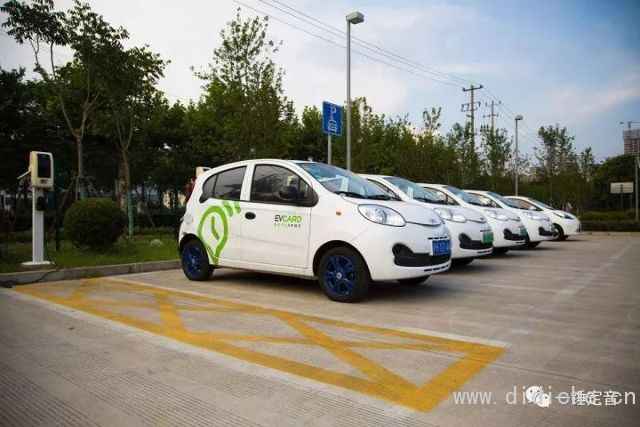

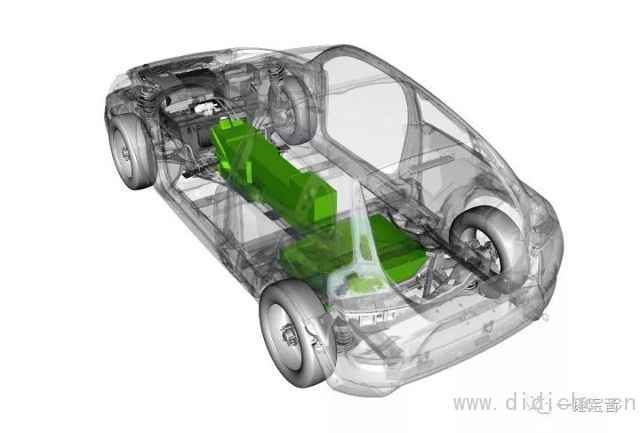







 Email:
Email: